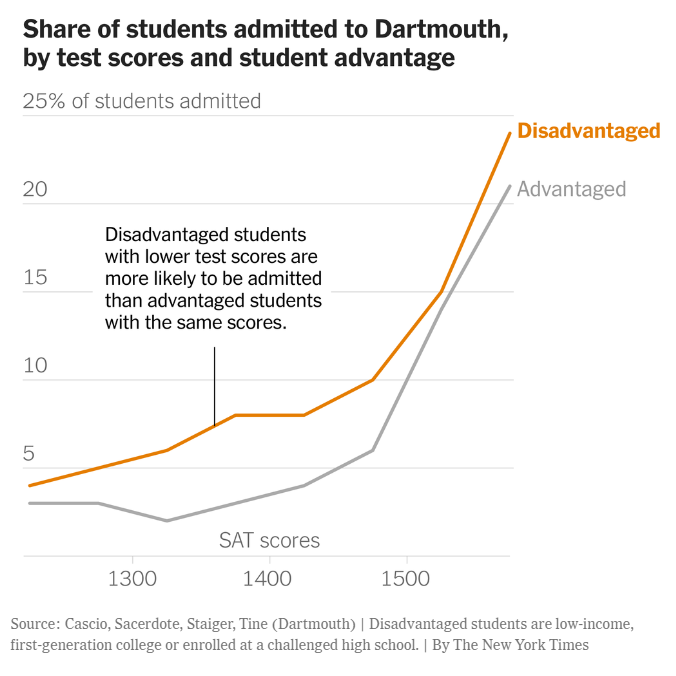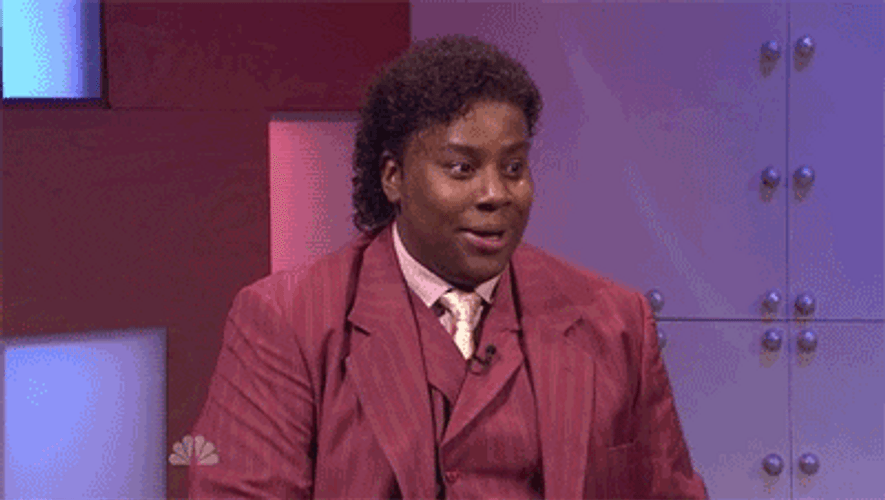Test-Optional Colleges Still Want Test Scores: Why Submitting SAT or ACT Scores Gives You an Edge
In recent years, many universities adopted test-optional policies, allowing students to decide whether or not to submit SAT or ACT scores. But at Test Prep Gurus, we’ve been following the data closely, and the message is clear: even at test-optional schools, submitting a strong test score can give you a significant advantage. In fact, many top universities are reinstating testing requirements, highlighting the critical role standardized tests continue to play in college admissions.
Why Test-Optional Doesn’t Mean Test-Negligible
While it might seem that test-optional means test-unnecessary, the reality is different. Across the board, students who submit SAT or ACT scores are admitted at higher rates than those who don’t. As Nick Standlea, founder of Test Prep Gurus, points out, “At Georgetown, the admission rate with a test score is 7.5%, without a test score, it’s 3.9%. At Cornell, the admission rate with a test score is 12.7%, but only 4% without a test score.” This trend holds at most institutions that publish admissions data, showing that test scores still play a crucial role in distinguishing applicants.
Top Universities Reinstate Test Requirements
Several highly selective universities are reinstating SAT and ACT requirements, emphasizing the importance of these scores in predicting a student’s academic success:
Johns Hopkins University: Starting with applicants for fall 2026, Hopkins will require SAT or ACT scores. Yvonne M. Romero da Silva, vice president for enrollment, explained, “Under a test-optional policy, those who provide test scores fared better in the application review process.” She also said “…The average first-year GPA of students who did not submit test scores was statistically similar to the average GPA of students whose submitted test scores were in the bottom quartile of the test score distribution.”
Stanford University: Stanford will resume requiring SAT or ACT scores for applicants starting in fall 2025. This decision reflects the importance of standardized tests in predicting students’ academic performance, as confirmed by Stanford’s faculty Committee on Undergraduate Admission and Financial Aid.
Rice University: Rice has long valued standardized tests, with Yvonne M. Romero da Silva stating, “We are therefore moving to recommend that students submit the testing they feel will showcase their strengths, beyond simply having a test-optional policy.”
Naval Academy: The U.S. Naval Academy requires all candidates to submit SAT or ACT scores as part of their admissions process, emphasizing the necessity of these scores in assessing student readiness.
Cornell University: Cornell will reinstate its standardized testing requirement for students seeking admission in fall 2026, based on evidence from a multi-year study that highlighted the value of test scores in admissions decisions.
Caltech: Starting with students applying for fall 2024, Caltech will require SAT or ACT scores, reaffirming the importance of testing in their highly selective admissions process.
University of Texas at Austin: UT Austin is returning to requiring test scores beginning with the fall 2025 admissions cycle, citing data showing that students who submit scores perform better academically.
Dartmouth College: Starting with the Class of 2029, Dartmouth will require SAT or ACT scores for U.S. applicants. The school will continue to super-score, meaning they will consider the highest result on individual sections of either exam.
Brown University: Data from Brown reveals that test scores are more predictive of college GPA, college graduation %, job placement, and graduate school placement than high school GPA. In addition, some students from less-advantaged backgrounds opted not to submit scores, despite the fact that submitting scores would have increased their chances of admission. This unintended consequence has led Brown to reinstate test scores.
Why Test Scores Still Matter
As these universities shift back toward requiring or recommending SAT and ACT scores, the reasons are clear. Test scores provide a common measure that helps colleges compare students from different schools and backgrounds. Grades can vary in difficulty and standards, but a strong SAT or ACT score levels the playing field and helps admissions officers gauge a student’s academic potential.
Moreover, test scores remain a strong predictor of success in rigorous academic environments. As Brown University’s admissions team noted, “An applicant’s test scores are a strong predictor of a student’s performance once enrolled, and of their capacity to succeed in a rigorous academic environment.” These findings hold true across all subgroups, reinforcing the value of standardized tests as a reliable measure of student readiness.
Preparing for Success
At Test Prep Gurus, we understand how important standardized tests are to your college admissions journey. While test-optional policies may seem like an opportunity to skip the SAT or ACT, the data shows that submitting a strong test score can give you a significant advantage. Universities are moving back toward testing requirements, and students who submit scores are admitted at higher rates than those who don’t.
Our tailored SAT and ACT prep programs are designed to help you achieve your highest possible score and maximize your chances of admission to top-tier schools. Whether you’re targeting test-optional colleges or schools with test requirements, we’re here to help you succeed.
Stay Ahead of the Curve
The college admissions landscape is evolving, and staying informed is key to making the right decisions. Submitting SAT or ACT scores can open doors to more opportunities, even at test-optional schools. Contact Test Prep Gurus today to explore our comprehensive test prep options and gain the competitive edge you need to succeed in your college admissions journey.
Get Started Now! Contact Test Prep Gurus for SAT and ACT Prep Today!





















